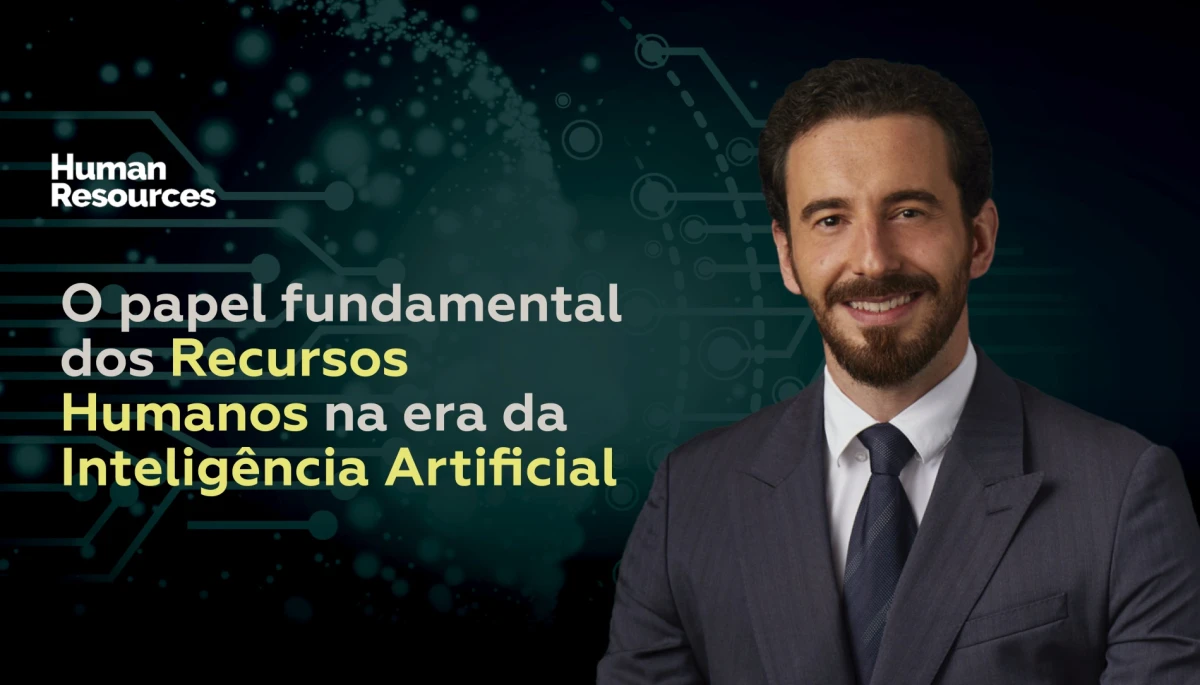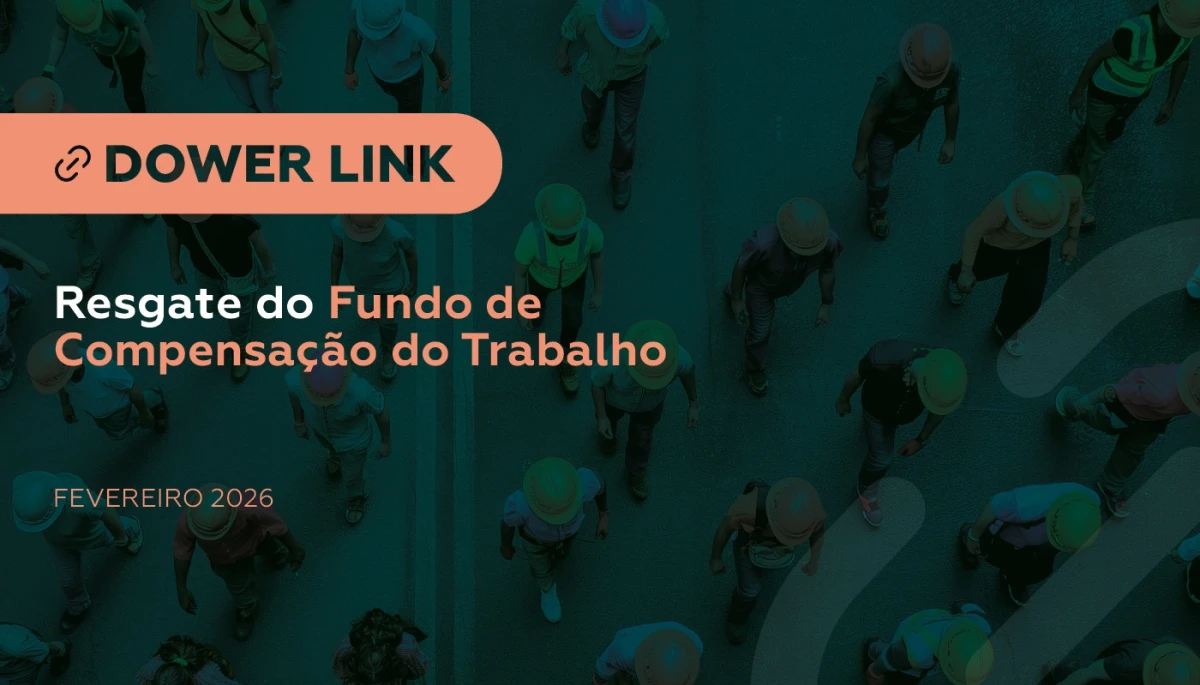
From May Day to the '5th Industrial Revolution': The Fundamental Role of Human Resources in the Age of Artificial Intelligence

Recognized and celebrated internationally, May 1st marks a historic milestone, both in the enduring achievement of workers' rights and in raising awareness about poor working conditions.
It took years of evolution, adaptation, and resilience to culminate in the regulation of labor relations and the enforcement of workers' rights. It is noteworthy that at the origin of the May Day celebration lies the exponential rise of industrialization, driven by the introduction of machines and new large-scale production methods. Starting from that premise, and more than a century later, we are now witnessing the digital transformation and adoption of Artificial Intelligence (AI). There is even ongoing debate about the emergence of a Fifth Industrial Revolution. Whether or not one agrees with that term, it is undeniable that the daily work environment now demands significant changes in skills, both for employers and employees. Therefore, the role of Human Resources (HR) departments proves crucial in anticipating these needs and implementing effective reskilling strategies, with AI-based methodologies being a powerful ally.
While it is widely accepted that AI tools help streamline procedures by eliminating unnecessary tasks, they are also increasingly suitable for developing new skills and promoting professional reskilling.
Given that Human Resources management is responsible for recruiting, selecting, and organizing talent to align the company’s activities with its goals, the use of AI allows these departments to process both internal data (performance, evolving roles, defined objectives) and external data (market trends, employability reports) to:
- Predict and identify reskilling and upskilling measures for new areas and roles;
- Identify and value the technical and priority skills necessary for professional success;
- Plan and adapt internal training programs in advance, rather than react to changes already underway;
- Promote the professional development of employees with tailored career plans.
Having already surpassed its experimental phase, AI is proving to be a strategic tool in promoting more inclusive and equitable work environments, capable of enhancing workers' abilities. Though still in development and refinement, the technology shows great potential to support the reskilling of job roles.
However, while advocating for the responsible and ethical use of AI, close attention must be paid to the requirements of the General Data Protection Regulation (GDPR), as well as to the need for transparency in “automated” decision-making processes. Proper training and professionalization of HR teams are essential, and it is imperative to ensure these new methods serve as tools to enhance — and never replace — the human value within companies, while also offering a swift and effective response to organizational needs.
In this context, Human Resources departments also play the role of mediators, and must demonstrate the ability to foster a culture of continuous learning, resilience in the face of change, and appreciation for professionals’ skills and qualifications.
With the right legal guidance, it is up to HR to lead this transition in a balanced manner, ensuring fair and equitable treatment of workers, with the understanding that change is inevitable and adaptation is a necessity.



